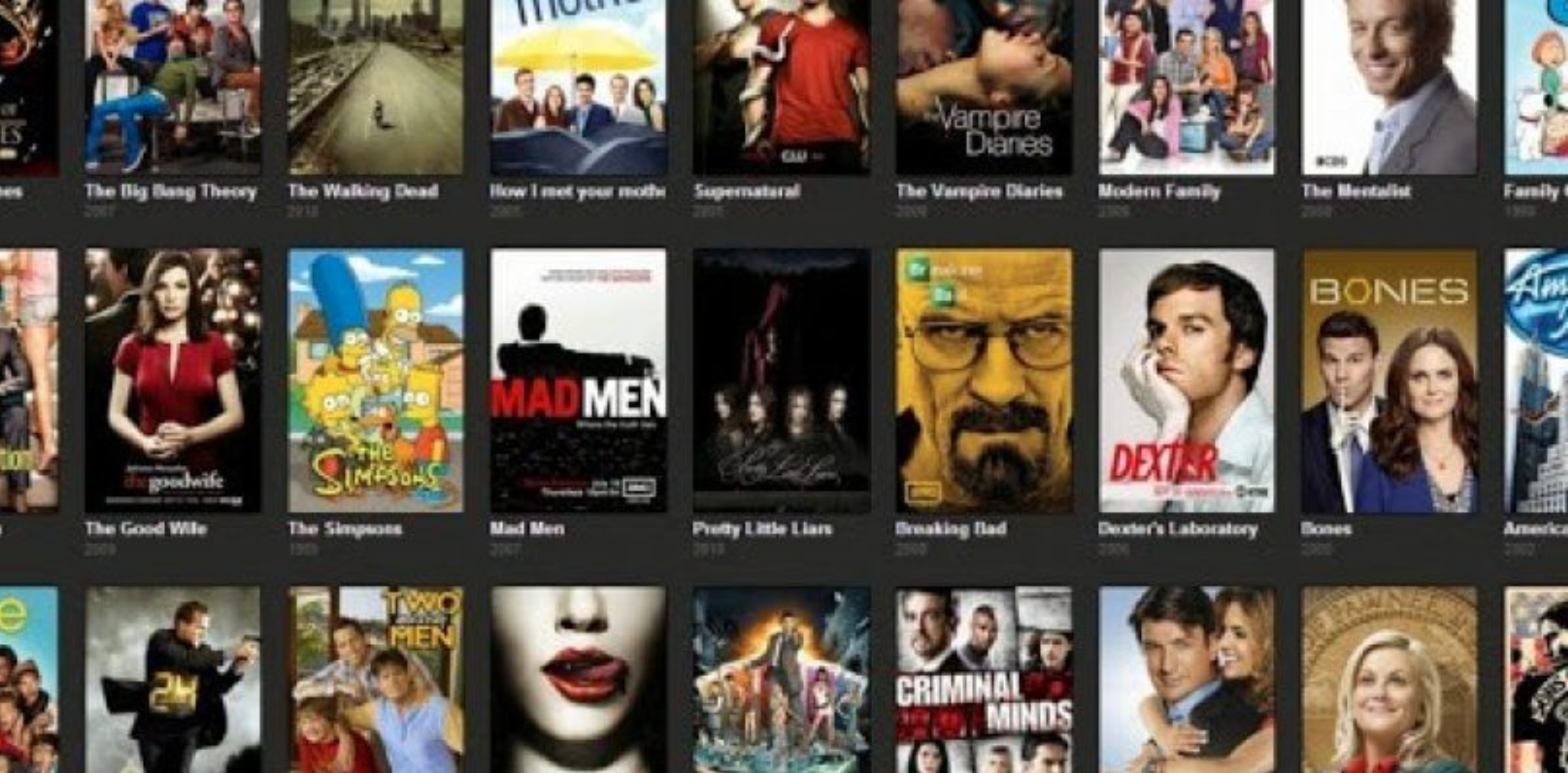The term “Non-Player Character” (NPC) originates from the world of video games.
NPCs are characters controlled by the game’s programming rather than by a human player.
What Is the NPC Lifestyle?
The NPC lifestyle, derived from the gaming term “Non-Player Character,” refers to individuals perceived as conforming to societal norms without critical thinking, though the concept has faced criticism for being dismissive and dehumanizing.
They often serve specific roles, such as vendors, quest givers, or background characters, and typically follow a predetermined set of actions.
Table of Contents
From Gaming to Real Life: The NPC Meme
The concept of an NPC has transcended gaming and entered popular culture as a meme.
This meme portrays certain individuals as NPCs, suggesting they don’t think for themselves and merely follow societal scripts.
It’s a commentary on perceived lack of critical thinking or individuality.
Characteristics of the NPC Lifestyle
- Predictability: Just as game NPCs have set patterns, individuals labeled as living the NPC lifestyle are seen as predictable, often adhering strictly to societal norms without questioning them.
- Lack of Critical Thinking: NPCs in games don’t “think.” Similarly, the NPC lifestyle implies a lack of introspection or questioning of the world around them.
- Repetitive Behavior: Just as an NPC might always greet a player in the same way, those perceived as living an NPC lifestyle might stick to routines without deviation.
Criticism and Controversy
The NPC meme and the idea of an NPC lifestyle have faced criticism.
Many argue it’s a way to dehumanize or belittle those with differing opinions.
Labeling someone as an NPC can be dismissive, suggesting they can’t think for themselves.
FAQs – NPC Lifestyle (Non-Player Character)
What does NPC stand for in the context of lifestyle?
In the context of lifestyle, NPC stands for “Non-Player Character.”
Originally a term from video games, it refers to characters not controlled by human players.
When applied to real life, it suggests individuals who don’t think for themselves and merely follow societal scripts or norms.
How did the term NPC transition from gaming to real-life commentary?
The term NPC transitioned from gaming to real-life commentary through the popularization of the NPC meme.
This meme portrays certain individuals as NPCs, implying they lack critical thinking or individuality and merely adhere to societal expectations.
It became a way to comment on perceived conformity and lack of independent thought in society.
What are the main characteristics of the NPC lifestyle?
The main characteristics of the NPC lifestyle include:
- Predictability: Adhering strictly to societal norms without questioning them.
- Lack of Critical Thinking: A perceived absence of introspection or questioning of the world.
- Repetitive Behavior: Sticking to routines and patterns without deviation, much like game NPCs who have set actions.
Why is the NPC concept controversial in societal discussions?
The NPC concept is controversial because it can be used to dehumanize or belittle individuals, especially those with differing opinions.
Labeling someone as an NPC can be dismissive, suggesting they lack the capacity for independent thought or are merely conforming to societal expectations without understanding.
How is the NPC meme used in popular culture?
In popular culture, the NPC meme is often used to mock or criticize individuals or groups perceived as lacking originality or blindly following trends.
It’s been utilized in various online communities, especially on platforms like Reddit and 4chan, to comment on perceived groupthink or lack of individuality.
Are there any positive aspects associated with the NPC lifestyle?
While the NPC lifestyle is often viewed negatively, some argue that there’s comfort in routine and predictability.
Following societal norms can provide a sense of belonging and reduce feelings of isolation.
Additionally, not everyone has the privilege or capacity to constantly challenge societal norms, and for some, adhering to them is a means of survival.
How has the gaming community responded to the real-life application of the NPC term?
The gaming community has had mixed reactions to the real-life application of the NPC term.
Some gamers appreciate the meme for its humor and cultural commentary, while others feel it misrepresents the original intent of NPCs in games.
There’s also concern about the term’s potential to dehumanize or belittle individuals in real-life discussions.
What is the origin of the NPC meme?
The NPC meme originated from online communities, notably 4chan, where users began using the term to describe individuals they perceived as lacking critical thinking or individuality.
The gray-faced character often associated with the meme became a symbol for these “NPC” individuals, and the concept quickly spread across various internet platforms.
How does the NPC lifestyle relate to individuality and conformity?
The NPC lifestyle is often juxtaposed against individuality.
While NPCs are seen as conforming to set scripts and societal norms, individuality represents the opposite: thinking for oneself, challenging norms, and expressing unique thoughts and behaviors.
The NPC lifestyle commentary is essentially a critique of perceived conformity in society.
Are there any misconceptions about the NPC lifestyle?
Yes, there are misconceptions about the NPC lifestyle.
One major misconception is that everyone labeled as an NPC lacks depth or intelligence. In reality, everyone has moments of autopilot or conformity, but that doesn’t negate their complexity or individual experiences.
Another misconception is that the NPC label is universally negative; some might embrace routine and predictability as essential aspects of their well-being.
Conclusion: Beyond the Meme
While the NPC lifestyle concept offers a lens to view conformity and individuality, it’s essential to approach it with nuance.
Everyone has moments of autopilot, but that doesn’t reduce their complexity or value.
As with all memes and cultural commentary, it’s crucial to remember the human element behind the concept.


